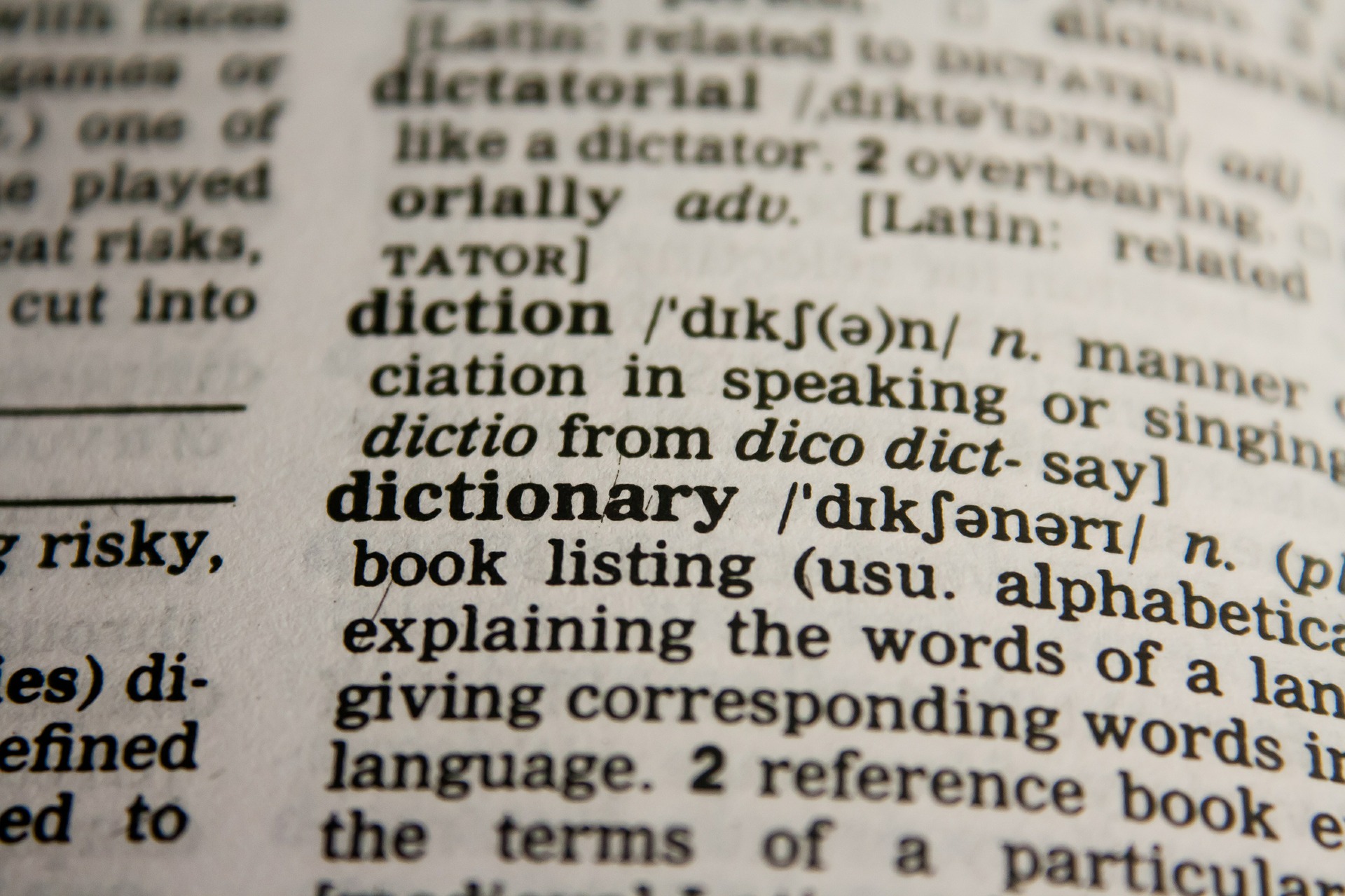**Previously Recorded by Phyllis Schlafly**
Yesterday, on April 14 in 1828, 185 years ago, Noah Webster published his Dictionary containing 30,000 definitions. He had been working on it for 26 years. As a business venture, the Dictionary was not a success. The rights to it were bought after his death by George and Charles Merriam. But as a landmark in giving American English its unique identity, and even the American concept of individual rights, Noah Webster’s life work was very successful.
For example, look how Noah Webster defined the word property in his 1826 book, a word whose real meaning is unique and very important to Americans. Our Founding Fathers thought the right of Americans to own private property ranked right along with life and liberty as fundamental to a free society. It’s not only the Communists and Socialists who have no respect for the individual ownership of property; it is also the United Nations, the environmentalists, and the global pressure groups promoting government control of private property under the labels of climate change and Agenda 21. They want property to be owned and managed by the community instead of by individuals. Here is Noah Webster’s original definition of property: “The exclusive right of possessing, enjoying and disposing of a thing; ownership. In the beginning of the world, the Creator gave to man dominion over the earth…. It is one of the greatest blessings of civil society that the property of citizens is well secured.”
Here is what Noah Webster wrote in the preface as a dedication of his Dictionary: “To that great and benevolent Being … who has borne me and my manuscripts in safety across the Atlantic, and given me strength and resolution to bring the work to a close, I would present the tribute of my most grateful acknowledgments.” Those are the words of the author of our first Dictionary, Noah Webster.






